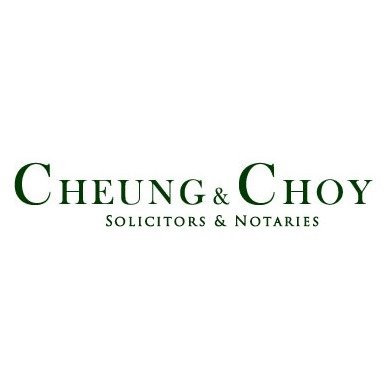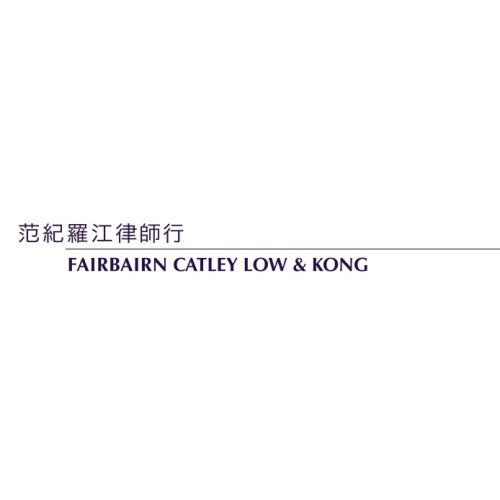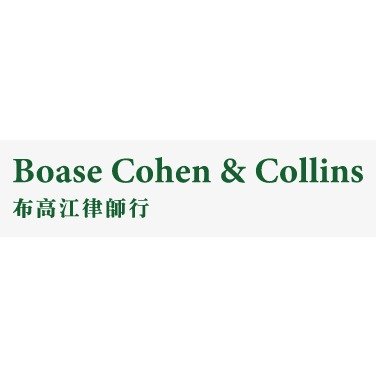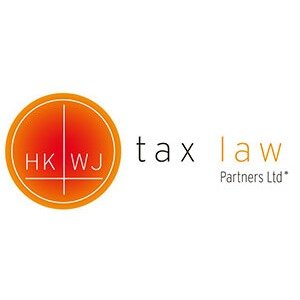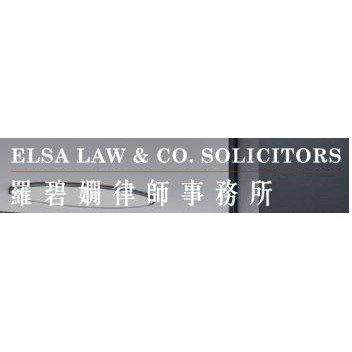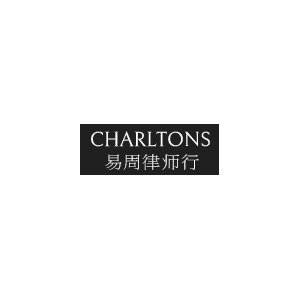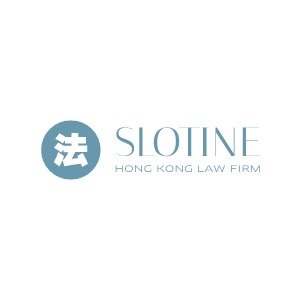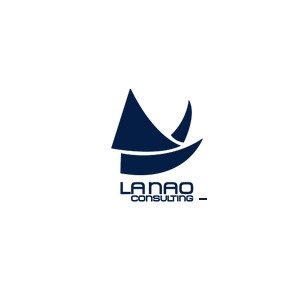Best International Trade Law Lawyers in Wanchai
Share your needs with us, get contacted by law firms.
Free. Takes 2 min.
List of the best lawyers in Wanchai, Hong Kong
About International Trade Law in Wanchai, Hong Kong
Wanchai, a bustling district in Hong Kong, serves as a key hub for international trade, with its strategic location and vibrant economic environment. International Trade Law in Wanchai pertains to the regulations governing cross-border commerce, including trade agreements, tariffs, import-export regulations, and dispute resolutions. It plays a critical role in ensuring fair trade practices and facilitating the smooth movement of goods and services. As Hong Kong is part of major international trade bodies like the World Trade Organization (WTO), the legal framework in Wanchai reflects global standards and practices, making it a dynamic field that requires expert navigation.
Why You May Need a Lawyer
There are several situations where seeking legal advice in International Trade Law may be necessary:
- Formulating or entering into international trade agreements.
- Navigating complex import and export regulations and compliance issues.
- Resolving cross-border trade disputes through arbitration or litigation.
- Understanding tariffs, customs duties, and trade sanctions.
- Addressing issues of intellectual property in the context of international trade.
- Assisting with trade financing and securing letters of credit.
- Guidance on trade embargoes and restrictions.
Local Laws Overview
Hong Kong's legal system is rooted in the principles of English common law, albeit with a distinctive local adaptation under the ‘One Country, Two Systems’ principle. Key aspects relevant to International Trade Law include:
- The Basic Law, which ensures Hong Kong maintains its own legal system distinct from Mainland China.
- Trade Descriptions Ordinance, regulating trade practices to prevent unfair methods.
- Customs and Excise Ordinance, overseeing import-export controls and duties.
- Hong Kong is a signatory to various international treaties and conventions, ensuring a high degree of compliance with international trade norms.
- The Arbitration Ordinance, which promotes Hong Kong as a leading center for alternative dispute resolution.
Frequently Asked Questions
What documents are necessary for importing goods into Hong Kong?
The necessary documents typically include an import license, bill of lading, commercial invoice, packing list, and a certificate of origin.
Do I need a specific license to export goods from Hong Kong?
It depends on the goods in question; controlled products may require particular licenses. It’s advisable to check with the Hong Kong Trade and Industry Department.
How are trade disputes generally resolved in Wanchai?
Dispute resolution can occur through arbitration, mediation, or litigation. Hong Kong is renowned for its efficient arbitration process.
Are there specific tariffs imposed on foreign goods in Hong Kong?
Hong Kong generally maintains a free trade policy and does not impose tariffs on imported or exported goods, with few exceptions like tobacco products and hydrocarbon oils.
What is the tax implication for businesses engaged in international trade in Hong Kong?
Hong Kong applies a territorial source principle of taxation, meaning only income derived from or sourced in Hong Kong is taxable. There’s no VAT or GST.
How can one protect their intellectual property in international trade transactions?
By registering trademarks, patents, and copyrights with the Hong Kong Intellectual Property Department and potentially negotiating specific terms in trade agreements.
What is the significance of INCOTERMS in Hong Kong trade law?
INCOTERMS are internationally recognized rules for the interpretation of trade terms, crucial for defining responsibilities between buyers and sellers.
How can I ensure compliance with local import regulations?
Engage with a legal expert or a customs broker to navigate the specific regulatory requirements and obtain necessary permits or licenses.
Is Hong Kong a favorable jurisdiction for setting up an international trading business?
Yes, due to its strategic location, tax benefits, robust legal framework, and access to Mainland China.
Can foreign companies set up branch offices in Wanchai for trading purposes?
Yes, foreign companies can set up branch offices or subsidiaries in Hong Kong, given they comply with local business registration requirements.
Additional Resources
A variety of resources can be beneficial for those seeking more information on International Trade Law in Wanchai, Hong Kong:
- Hong Kong Trade and Industry Department: Offers guidance on trade policies and regulations.
- Hong Kong Customs and Excise Department: Provides resources on customs regulations and procedures.
- International Trade Centre: A global resource hub for international trade promotion.
- Hong Kong Intellectual Property Department: For registering and protecting IP rights.
- Arbitration Centre of the Hong Kong International Arbitration Centre (HKIAC): For resolving trade disputes.
Next Steps
If you require legal assistance in the area of International Trade Law, consider the following steps:
- Conduct preliminary research to familiarize yourself with the basics of your legal concern.
- Consult with a qualified International Trade Law lawyer in Wanchai who can provide tailored legal advice and assistance.
- Prepare all relevant documents and information pertaining to your issue before seeking legal advice.
- Engage a practitioner who specializes in the specific aspect of trade law relevant to your needs, such as contract law, dispute resolution, or compliance.
- Utilize online legal directories and consultation services to find reputable legal practitioners in Wanchai.
Lawzana helps you find the best lawyers and law firms in Wanchai through a curated and pre-screened list of qualified legal professionals. Our platform offers rankings and detailed profiles of attorneys and law firms, allowing you to compare based on practice areas, including International Trade Law, experience, and client feedback.
Each profile includes a description of the firm's areas of practice, client reviews, team members and partners, year of establishment, spoken languages, office locations, contact information, social media presence, and any published articles or resources. Most firms on our platform speak English and are experienced in both local and international legal matters.
Get a quote from top-rated law firms in Wanchai, Hong Kong — quickly, securely, and without unnecessary hassle.
Disclaimer:
The information provided on this page is for general informational purposes only and does not constitute legal advice. While we strive to ensure the accuracy and relevance of the content, legal information may change over time, and interpretations of the law can vary. You should always consult with a qualified legal professional for advice specific to your situation.
We disclaim all liability for actions taken or not taken based on the content of this page. If you believe any information is incorrect or outdated, please contact us, and we will review and update it where appropriate.



